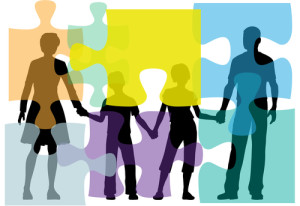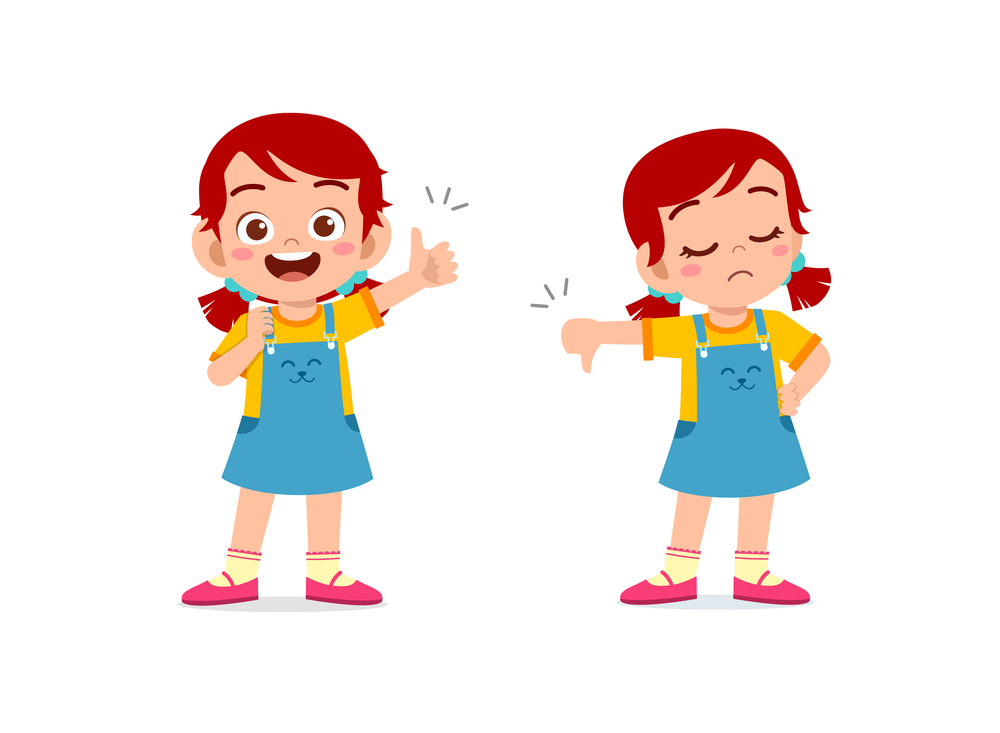family disputes
“No family is perfect… we argue, we fight. We even stop talking to each other at times. But in the end, family is family… The love will always be there.” – Anonymous
Are any of these scenarios familiar to you?
- “There is no end to her/his spending. I work all the time and there is never enough money. She/he doesn’t understand what things cost.”
- “I am taking care of one of my parents all the time. All he does is criticize me. I wish he would help and realize how hard it is for me.”
- “Our son/daughter is back from college and living at home. He/she thinks this is a hotel.”
In the context of human society, a family (from Latin: familia) is a group of people affiliated by consanguinity (by recognized birth), affinity (by marriage), or even co-residence. Members of a family include spouses, parents, brothers and sisters, sons and daughters, step parents, step siblings as well as grandparents, aunts, uncles, cousins, nephews, nieces, and in-laws.

What is a family dispute?
All families at some time experience difficulties and stress.
A family dispute is a conflict between two or more people who are related in some way, are part of a family or have been part of a family in the past.
Family disputes can be about almost anything. Some of the most common are:
- Inability to communicate
- Relationship breakdown
- Lack of trust
- Lack of sharing of responsibilities
- Lifestyle/environmental differences
- Money/debt
- Contact with children
- Previous agreements broken down
- Property settlement
- Child/Teenage behaviour
- Children’s education, health, financial support and welfare
- Parenting differences
- Family business disputes
Mediation can be an excellent vehicle for families to start untangling their issues and work through their conflicts together.

Benefits of Family Dispute Mediation
Successful parent/child mediation cases, and most family disputes, have five elements, which form the backbone of the tipping point moment in the family context:
- Long term connection – The parties are closely involved and despite everything have a common goal – family harmony. They are generally going to have long-term relationships with the other parties.
- Space – In order to achieve agreement, the parties have a safe place to express themselves and receive “gentle guidance,” both at the core of the mediation model – giving them space to work out their own solution.
- Brevity – The mediation process is short and looks to the future. Brevity of mediation is an asset. The forward-looking focus avoids the mire of old issues dragging participants back down again.
- Free choice – Voluntary participation in a process where all parties have equal say. Even in the cases involving parents and teenage children, everyone is invited to participate wholly in the agreement process.
- Neutrality – the power of neutrality – non-judgmental, but validating mediators who project a true “We have no stake or opinion about the outcome” and have the ability to affect good communication.

Some frequently asked questions
How is family mediation different than therapy?
Therapy generally incorporates diagnosis and treatment of personality and/or relationship problems.
Family mediation is about dispute resolution. Family interactions can be filled with disputes, big and small. When a family has an unproductive manner of communicating, the relationships suffer. Family mediation does not work with pathologies, but works with an identification of the behaviors contributing to a conflict.
The mediator is a neutral party who works with families to help them resolve specific ongoing disputes and prevent recurring negative interactions. The emphasis is on observing the communication of the family and helping them have a more productive style of communication. Mediation is goal and task oriented, time limited and practical.
How does the mediation process help in a family conflict?
Family conflicts arise for many different reasons including:
- Different personalities
- Different ways of approaching issues
- Different set of values
- Misinterpretation of what the other person is really saying
- Looking at the issue at stake, not in an objective way, but through one’s personal lense and with our own sensitivities
In mediation, each party is given the space and the opportunity to present their version of the issue and express what they would like to accomplish through the meeting.
It is the mediator’s role to help everyone understand what each person is saying, even if they don’t agree. Quite often in doing so, people find out that they might have given the story a different twist because of their own hurt feelings; and while that hurt stands in between them, they are not able to come to an agreement.
With the help of the mediator, people start tackling and untangling some of their issues.This helps them take a step back and start working collaboratively in order to come to a resolution. Of course, there will have to be some compromise, but if everyone is working in good faith to come to a resolution, they usually do. They are often amazed when they look at where they were initially coming from and where they ended up.
How many sessions do we need? How often do we meet?
It all depends on the issues at stake and the number of people involved. A simple issue between two people may be resolved in a couple of meetings, whereas a more complex problem between multiple members of a family may take longer and require several sessions. Sessions are timed to suit the parties’ needs and schedules.
Do we meet separately or together?
The ideal situation is to have everyone meet together. If necessary, a separate short meeting with the mediator may be scheduled for each party, or each group, the goal of which is coming back together and bringing all the issues to light.
We don’t all live in the same city. How can we do a mediation?
It is not unusual for members of a family to live in different parts of the country or of the world. While it is best to meet in person, sessions can be arranged via Skype and/or conference calls.
Do we get a written agreement at the end of the mediation process?
If the parties so desire, the mediator will prepare a written agreement outlining all the decisions made during the mediation process and will make sure that each party receives a copy. Having a written document can be extremely helpful, so that all have a clear reference of the commitments made during the process.
What if one person in the family refuses to come to mediation?
That would be a question that each family has to resolve. However, because the family will continue to interact in one way or another, it is preferable that the willing parties still meet so that they can resolve the issues between them. They may even want to talk about how they will interact with the missing party.
How are sessions paid for?
Sessions are paid “as you go,” at the end of each meeting, and based on an hourly fee. Families may share the fee amongst themselves, or one person may offer to pay for the whole fee. That is up to the parties to decide.

Common Family Dispute Situations
Between mother/father and daughter/son:
- Our son/daughter never answers my calls
- My mother/father doesn’t stop calling. I just cannot talk to her/him all the time.
- Our son/daughter is back from college and living at home. He/she thinks this is a hotel.
- Our parents have been divorced for a long time and they still use my sister/brother and I to relay messages from one to the other, and to complain about each other. The tension is growing between all of us.
Between husband and wife:
- There is no end to her/his spending. I work all the time and there is never enough money. She/he doesn’t understand what things cost.
- He does not share with me the responsibilities around the house and the children. I also work, not just him!
Between adult siblings regarding their elderly parent:
- I am taking care of my mother all the time. All he does is criticize me. I wish he would help and realize how hard it is for me.
- I live further away, I work and I have a family of my own.
- We need to address the fact that my mother doesn’t have a will and we have no idea what she wants after she passes. We want to respect her wishes but she refuses to discuss it with us. She says we have time. We are worried because she is 85 years old.
Between mother/father and unmarried child:
- He dates people who are not appropriate for him.
- I wish my mother/father would stop criticizing me. They don’t understand me. I don’t feel respected. I feel bad disappointing them but I need to lead my own life.
Between mother/father and son/daughter working in a family business:
- My father/mother is living in the 19th century.
- My son/daughter doesn’t understand that I know the business better than they do because I built the business.
family disputes Q & A
[dwqa-list-questions]
related blog articles
coping with divorce guilt
{4 minutes to read} I have hesitated about writing on [...]
does not reaching an agreement mean the mediation process failed?
{3 minutes to read} Does not reaching an agreement mean [...]
should I tell my children’s school that we are getting a divorce?
{4 minutes to read} Some parents wonder if it is [...]



